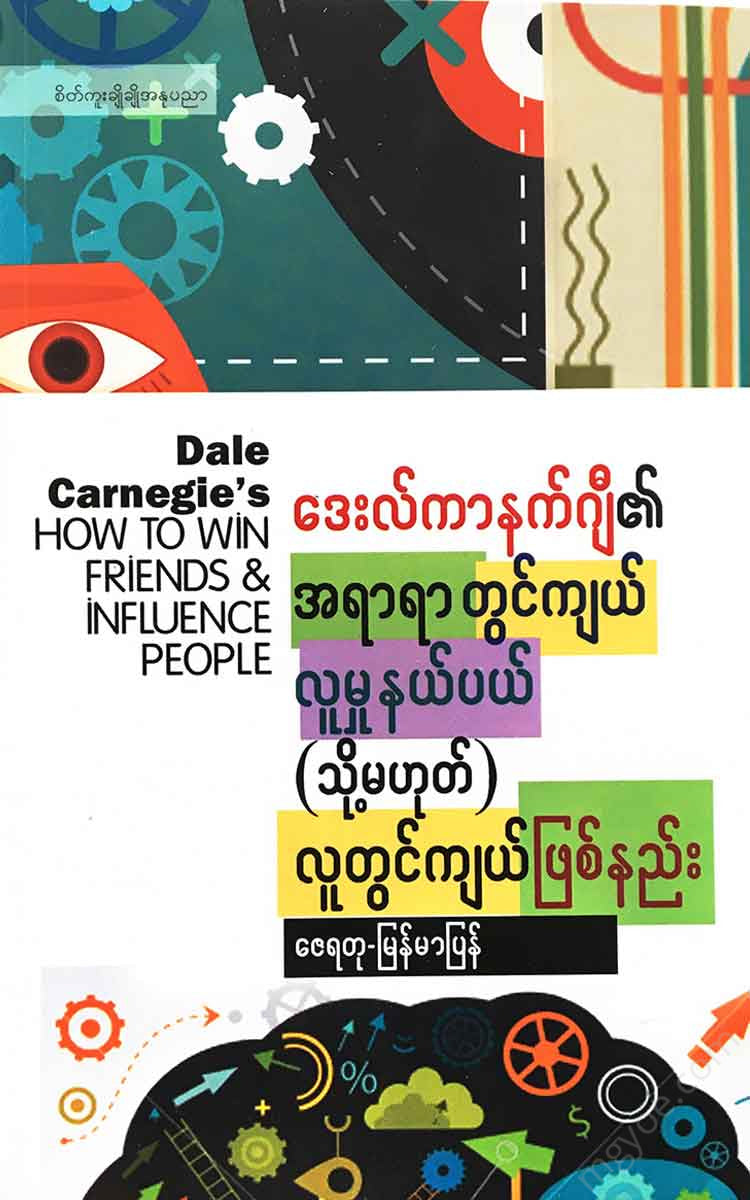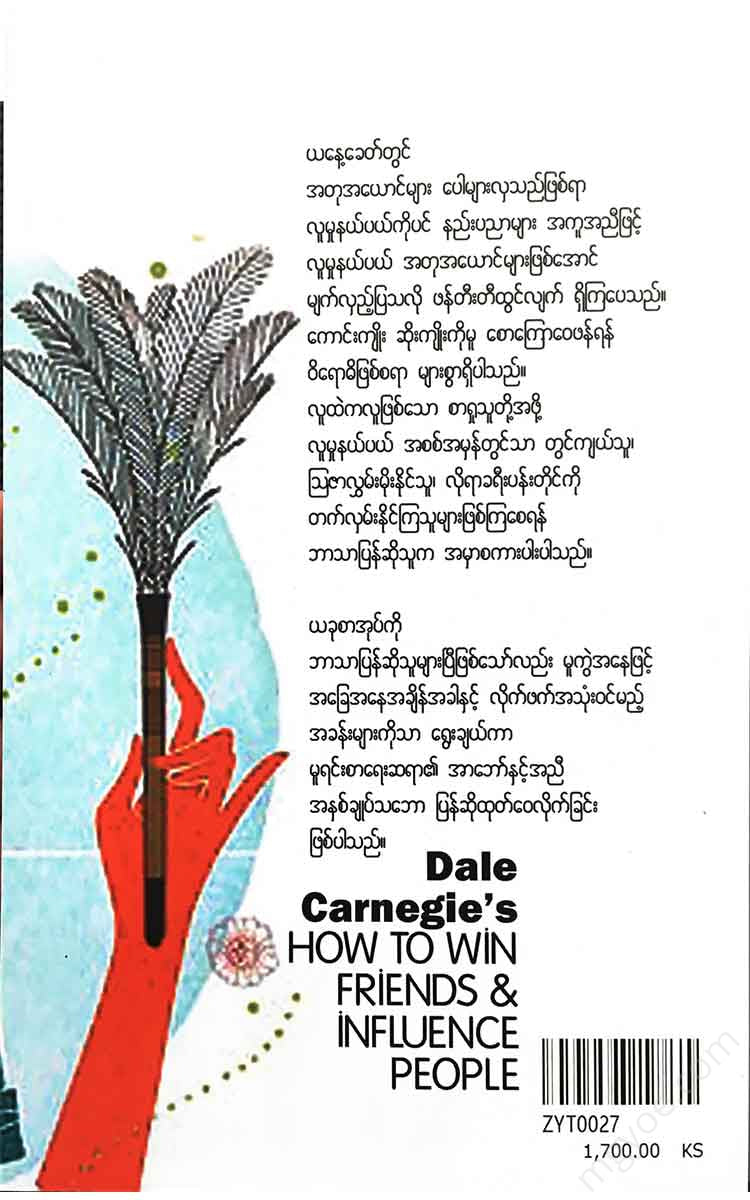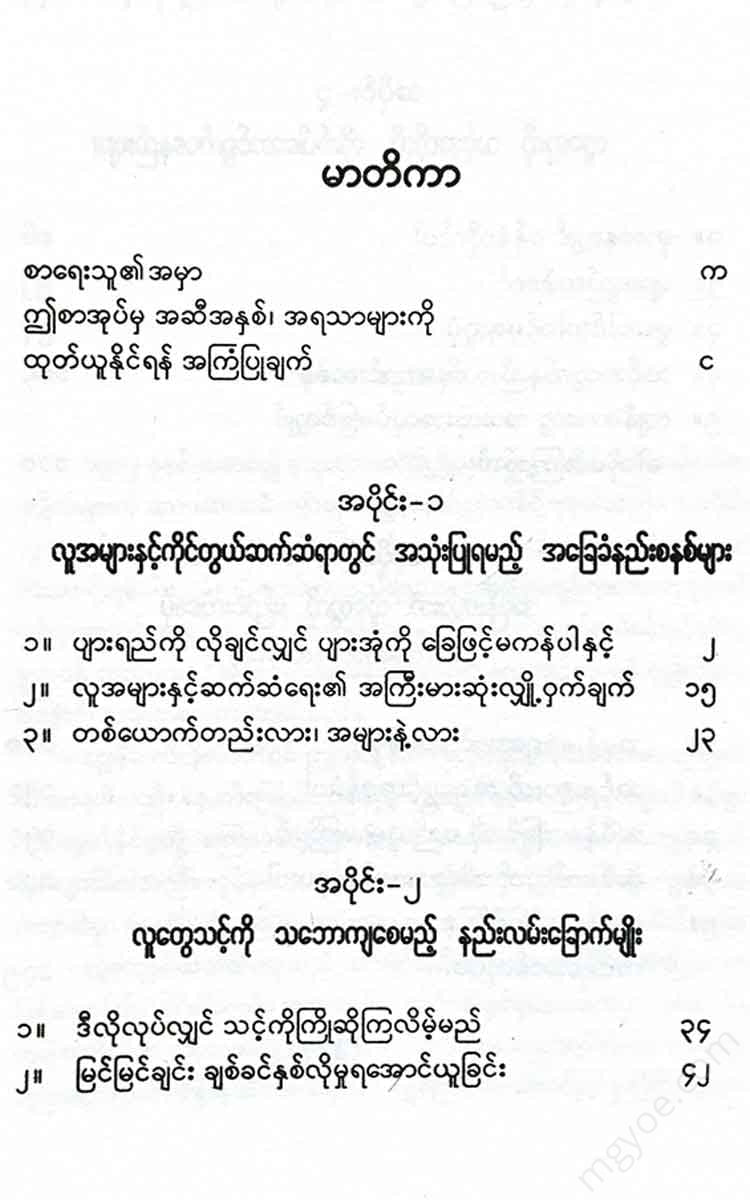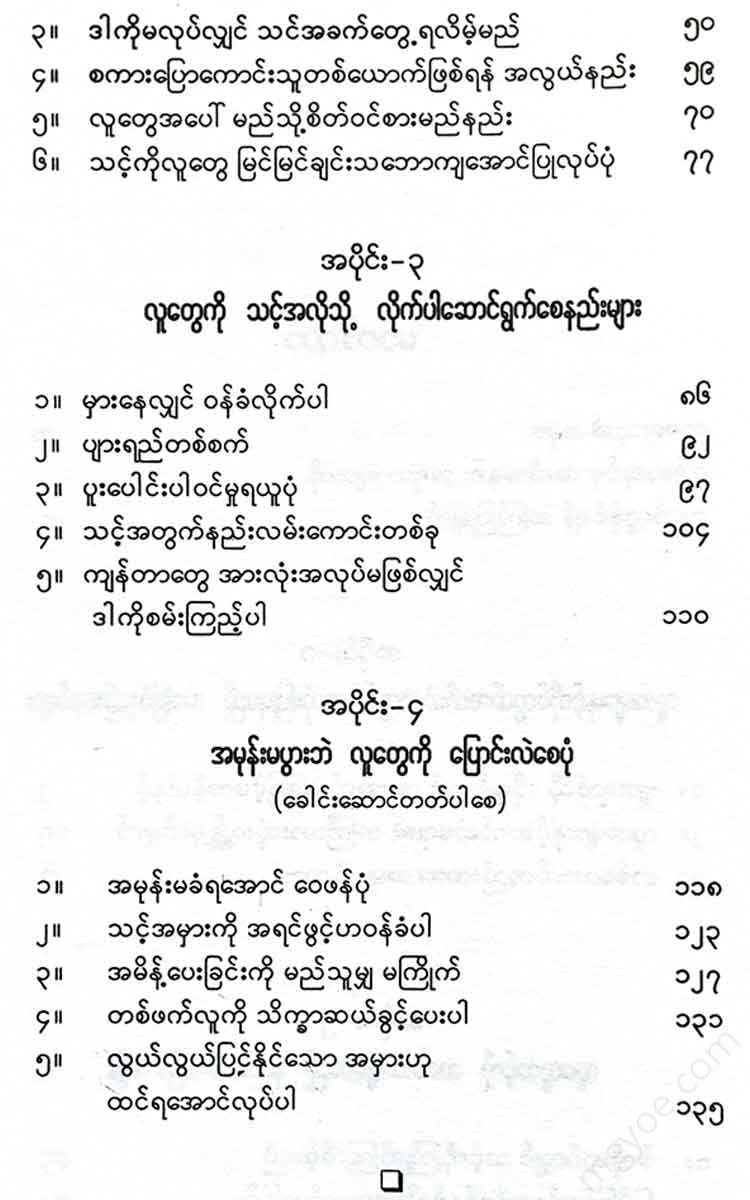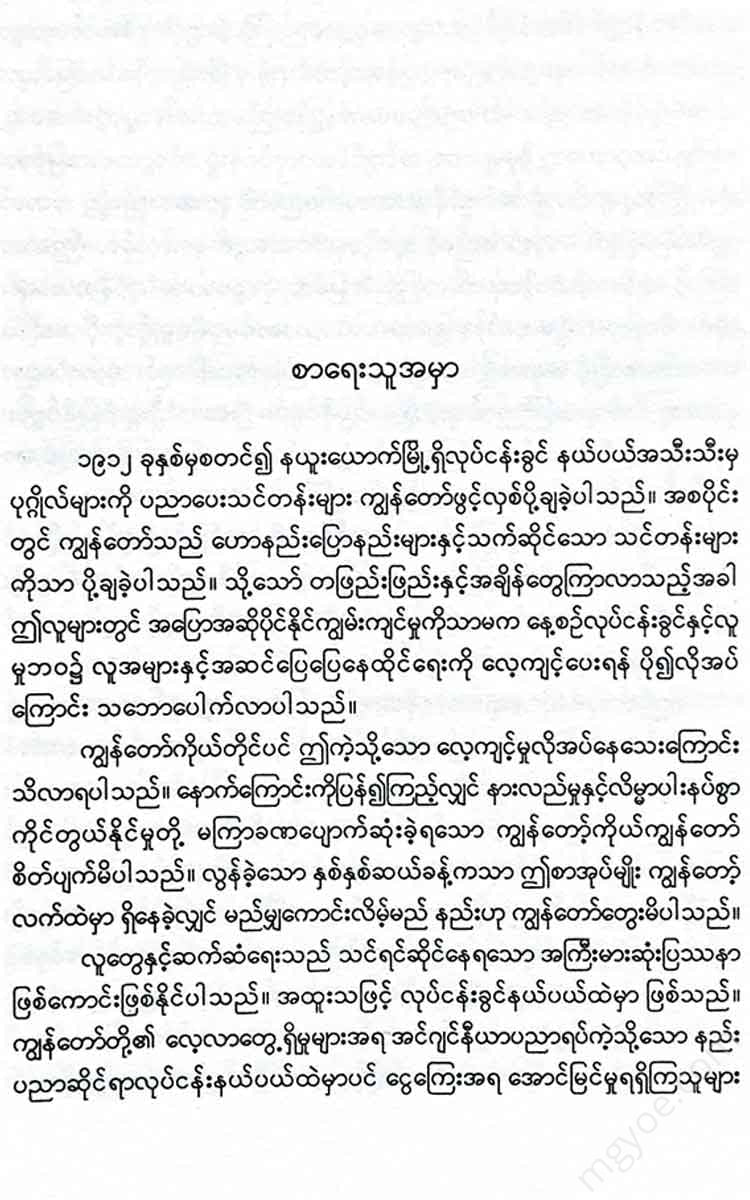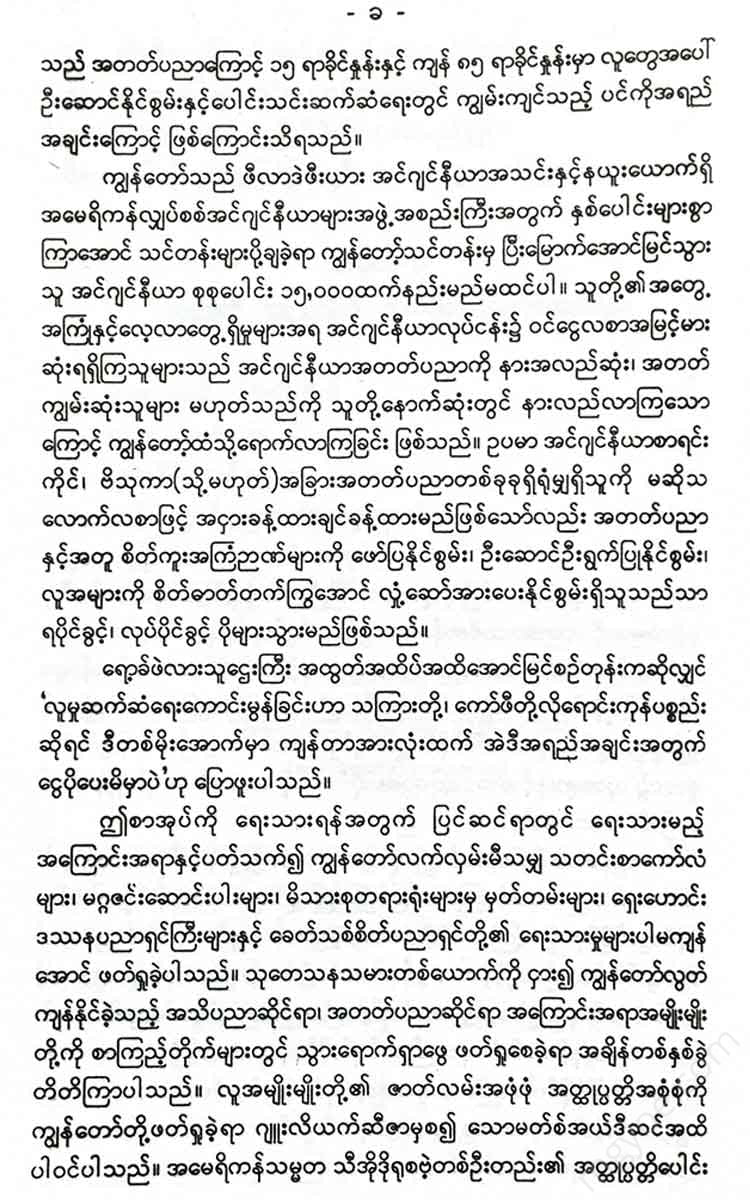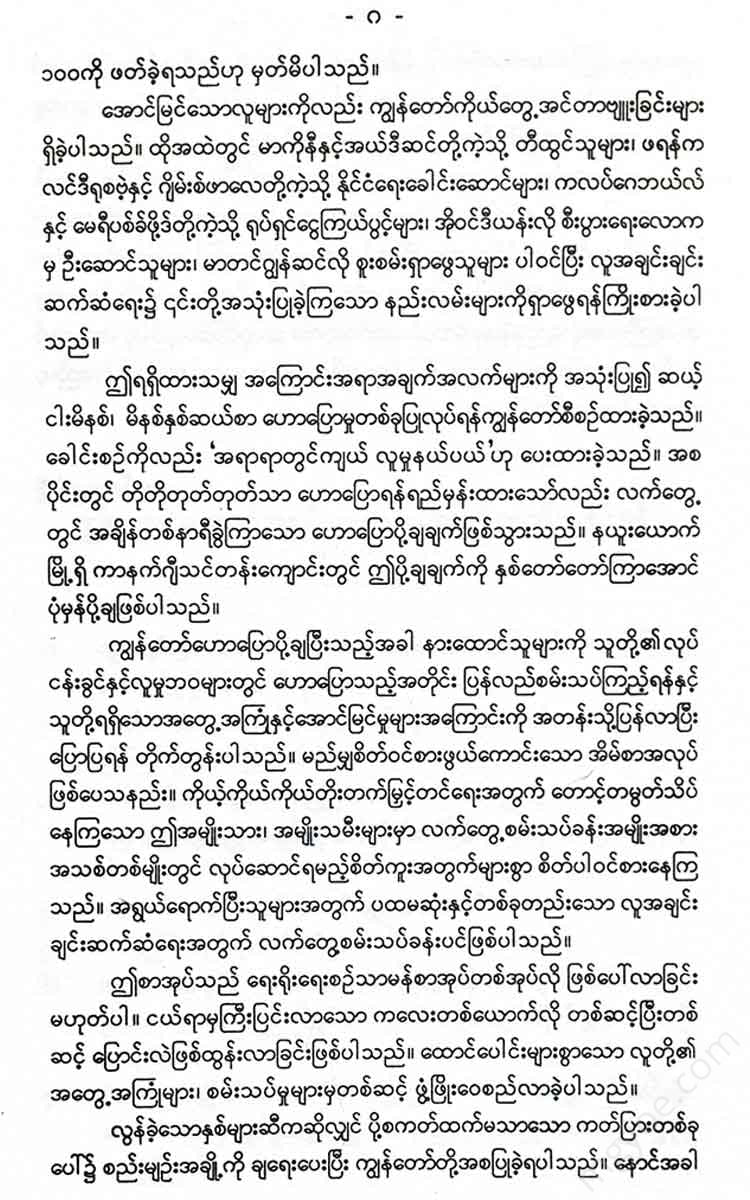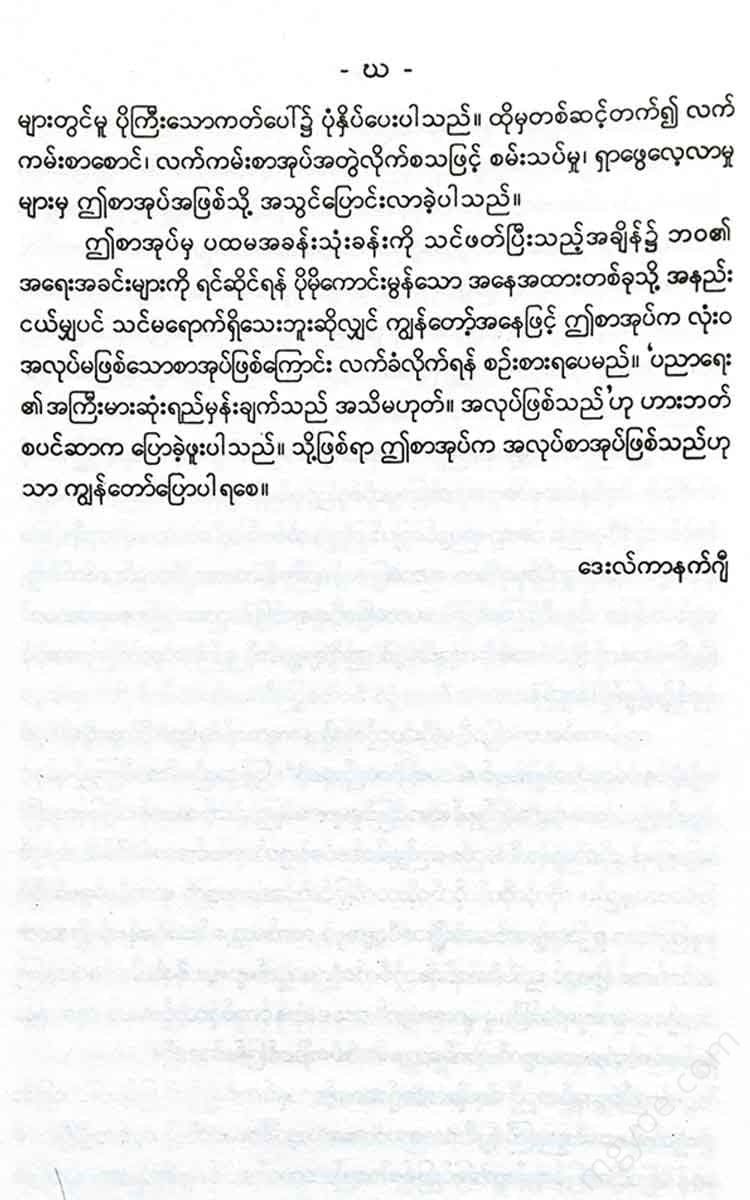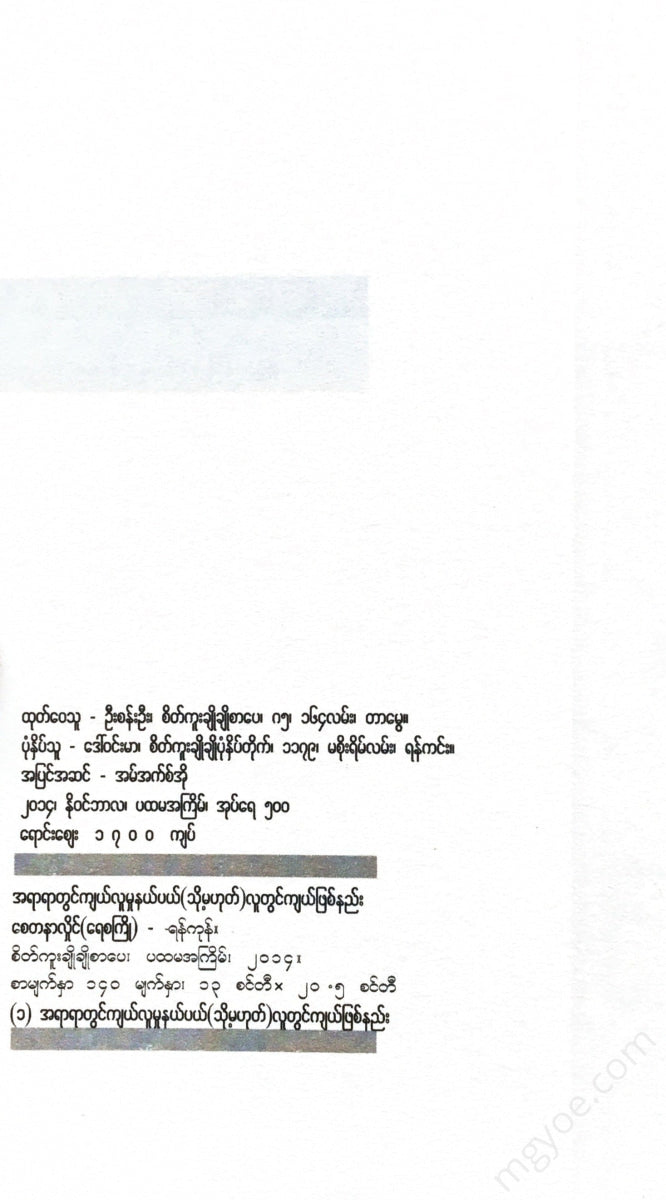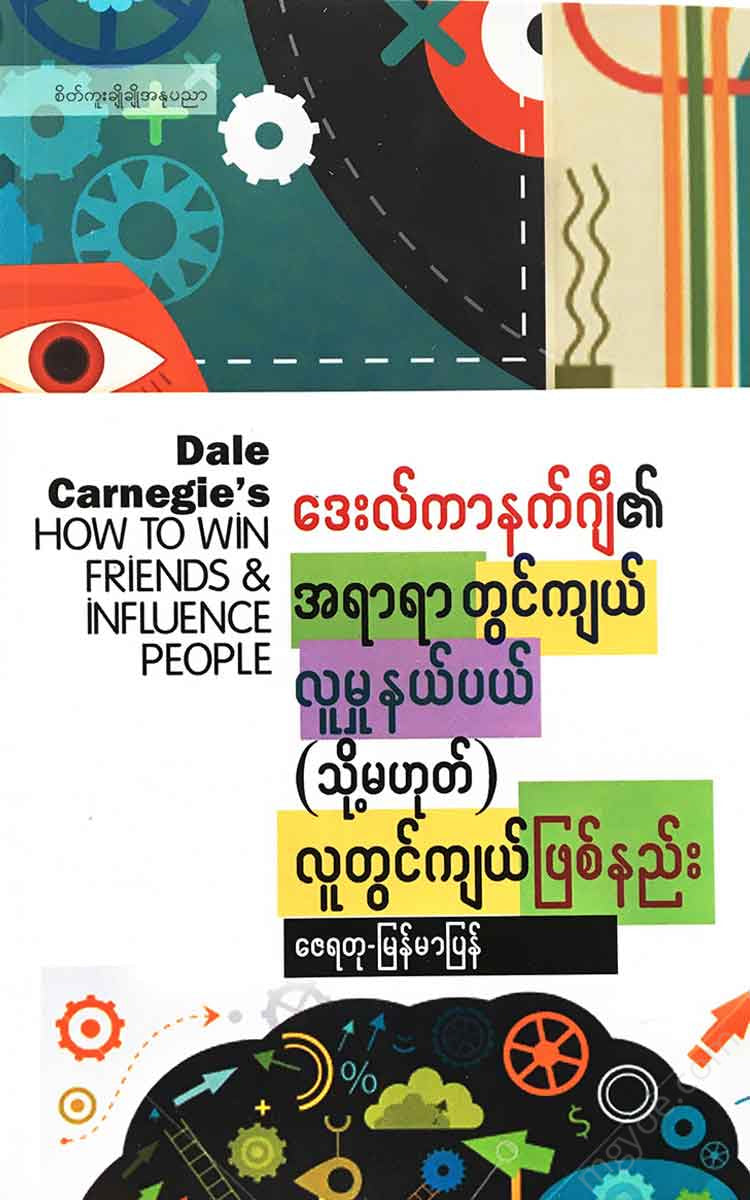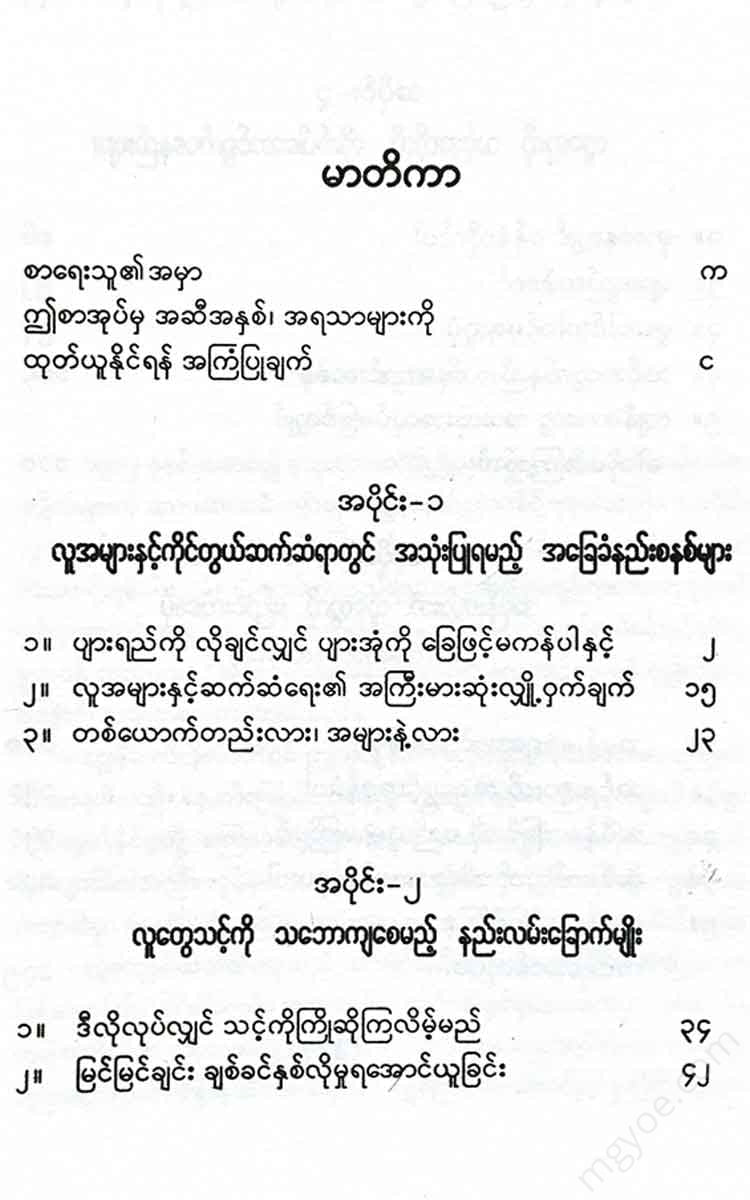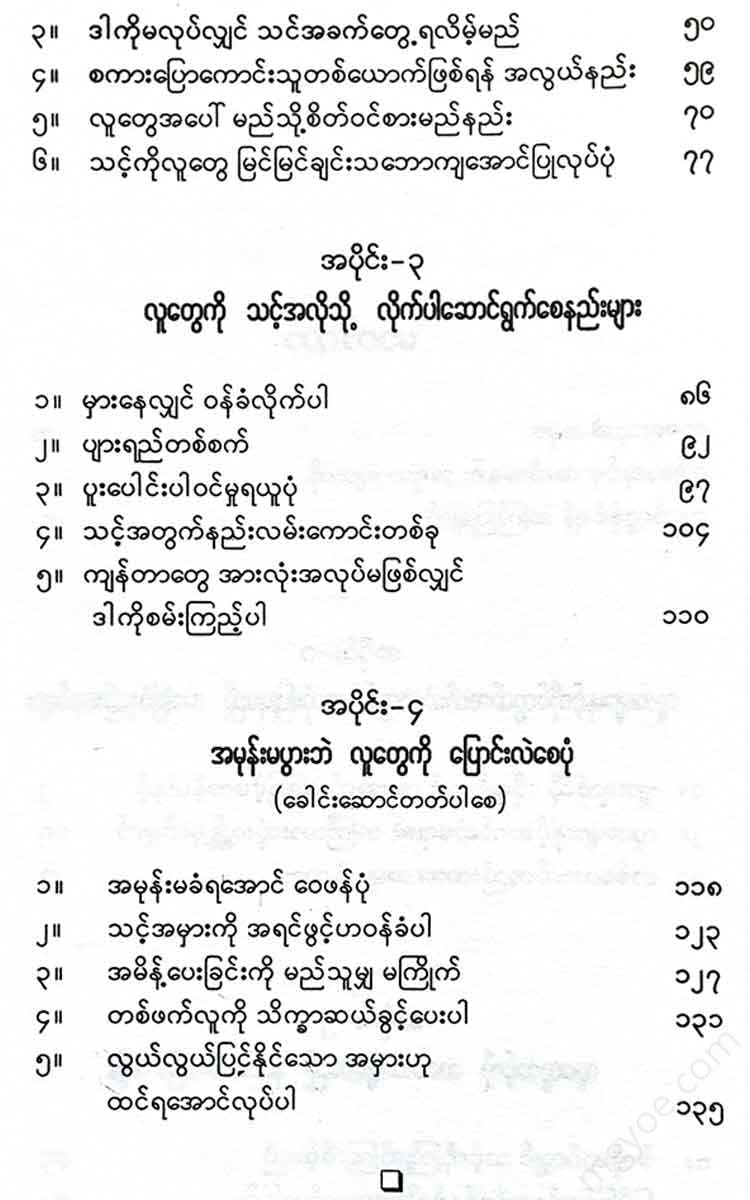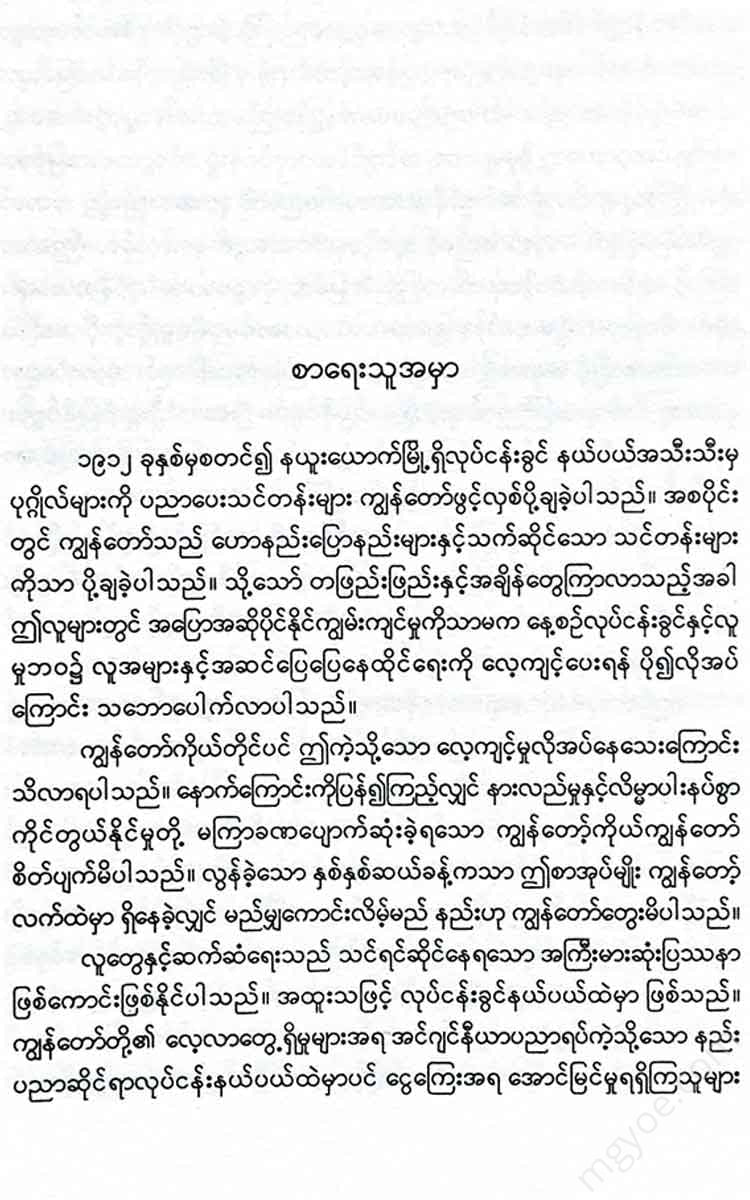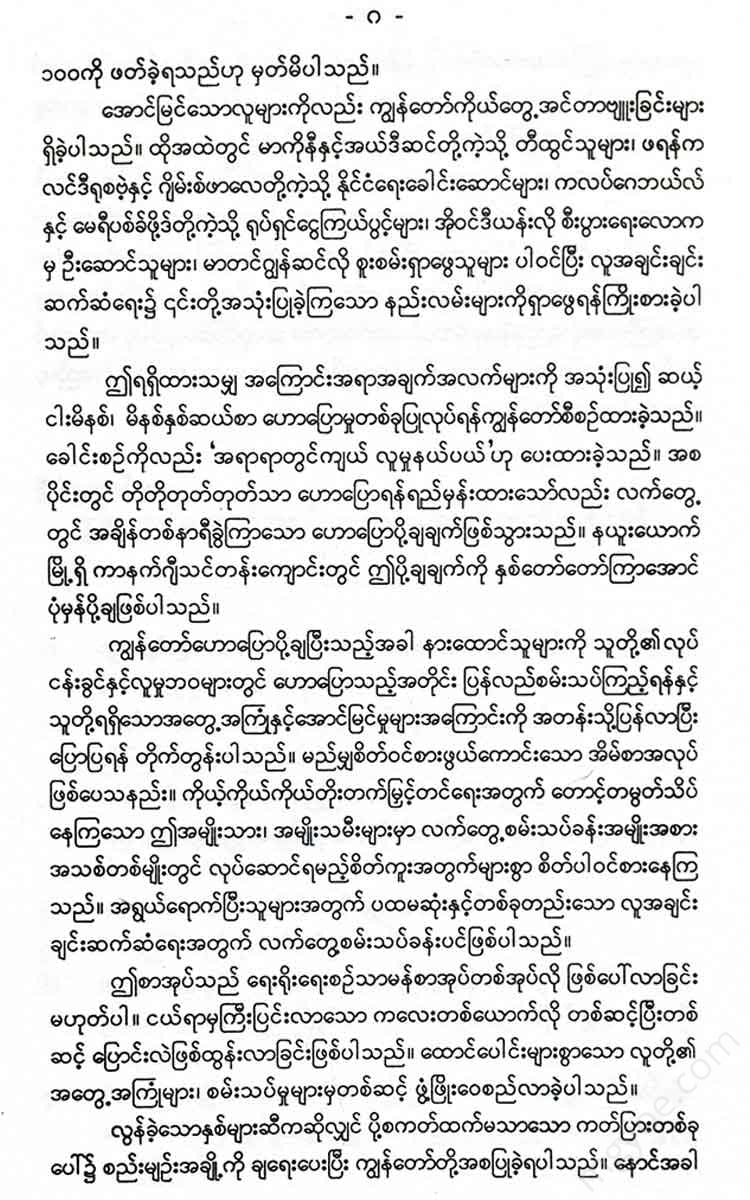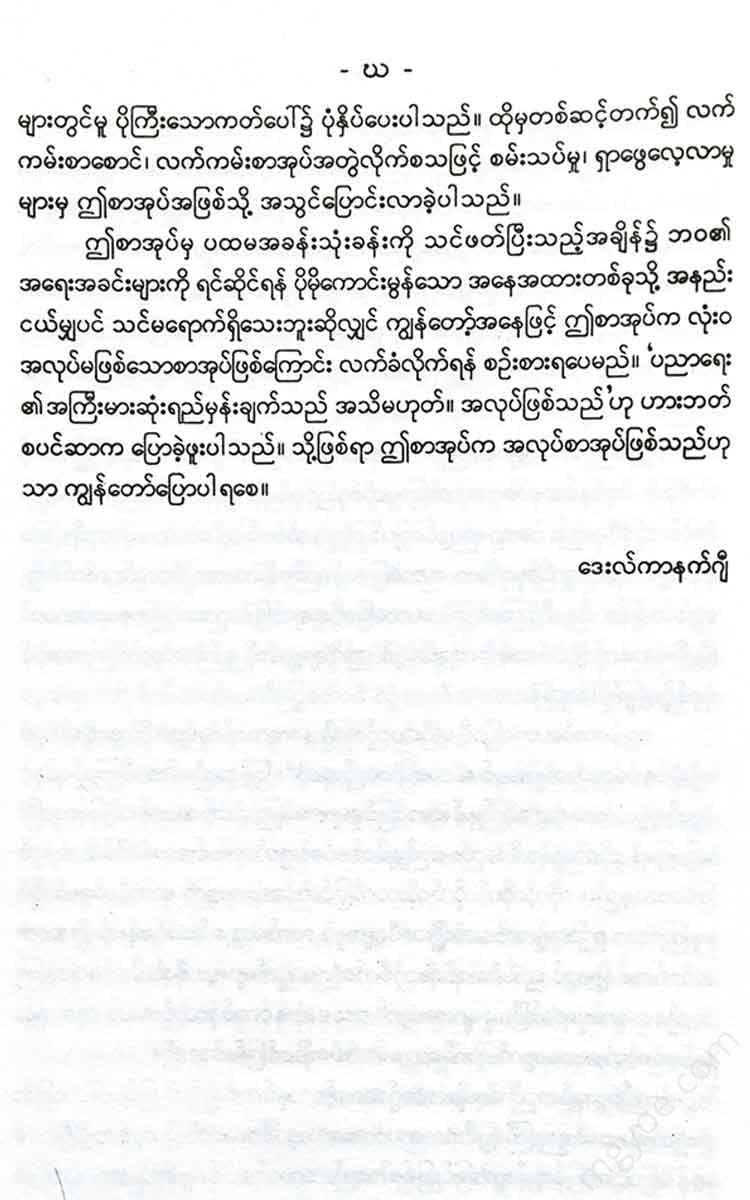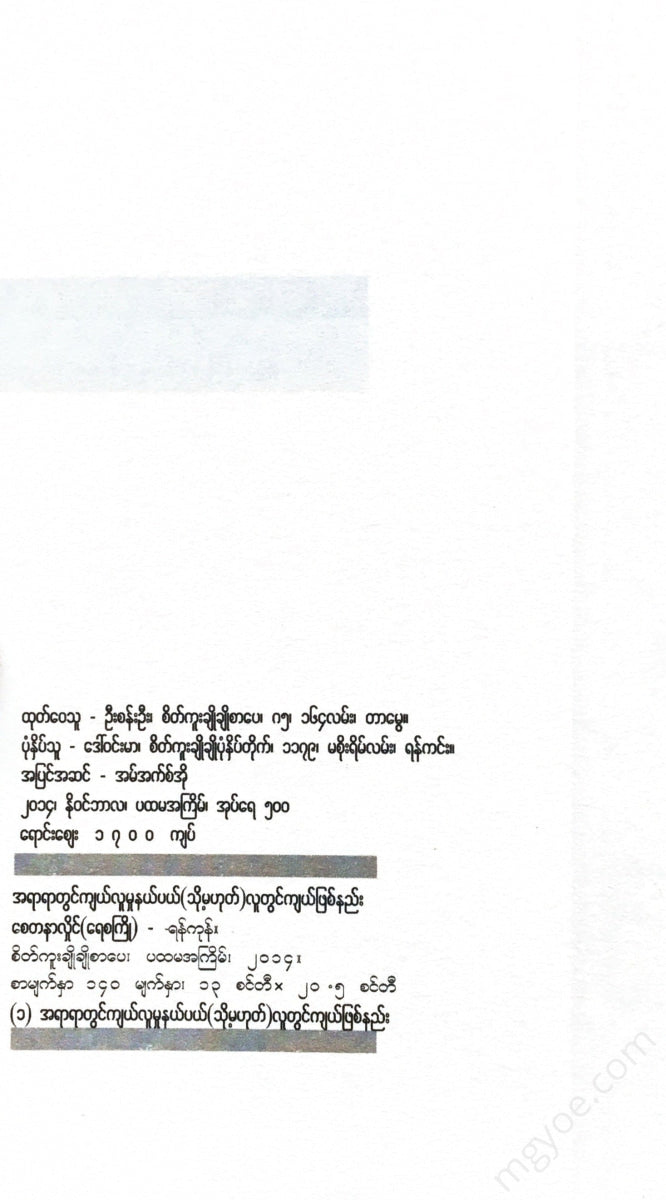စိတ်ကူးချိုချိုစာပေ
Zeratul - Dale Carnegie's Social Sphere or How to Be a Social Sphere
Zeratul - Dale Carnegie's Social Sphere or How to Be a Social Sphere
Couldn't load pickup availability
(1) If you want honey, don't kick the beehive.
On May 7, 1931, the most sensational manhunt in New York City history reached its peak. After weeks of searching for the two-gun killer, Crowley, he was finally trapped in his lover's home on West Ann Avenue.
Fifteen police officers and detectives were waiting on the roof of his apartment building. They tried to get Crowley out by blowing holes in the roof and spraying him with tear gas. They were also waiting with guns pointed at nearby buildings. For less than an hour, the quiet residential area of New York City was filled with the sound of pistols and machine guns. Crowley, hiding behind a sofa, fired a volley of shots at the police. The scene was watched by a large, excited crowd. The streets of New York had never seen anything like it before.
When Crowley was arrested, Police Commissioner E. P. Murrow responded by saying that the two-armed thug was one of the most dangerous criminals in New York history.
"A nation that will kill even if it hears the sound of two flutes being played"
The police chief noted.
But how does the two-gunned Crowley feel about himself? We learn that he wrote a letter to his relatives while the police were shooting at him. As he wrote, the blood from his wound stained the paper. In his letter, Crowley wrote:
"Underneath my outerwear lies a weary heart. But it is a kind heart that will not harm or hurt anyone."
It was written..
When these events began, Crowley and his girlfriend were enjoying a romantic evening on a rural road in Long Island. Suddenly, a police officer walked up to the car and said, "Show me your license plate."
Without a word, Crowley pulled out his gun and shot the officer in the head. Then Crowley got out of the car, pulled out the officer's revolver, and fired another round into the officer's prone body. This was the killer who had said, "Underneath my coat, there's a heart that's tired and worn out. But it's a heart that's kind and never hurts anyone."
Crowley was sentenced to death by electric chair. When he arrived at the death row inmates' cell in Sinsing Prison, he did not say, "This is my punishment for murder. This is my punishment for defending myself."
The reason for telling this story is to show that the two-gun Crowley does not see himself as guilty for any reason. Do you think this is an unusual attitude among criminals? If so, read on.
“I spent the best years of my life helping to bring happiness to the masses, but all I got in return was oppression.”
The person who said this was America's most notorious and notorious public enemy, Al Capone. Capone didn't see any guilt in himself. He really thought of himself as a public servant. In fact, he would be a public servant who no one would recognize or understand.
I had some interesting correspondence with Louis Laws, who was for many years the warden of the Lower Penitentiary in New York. When I talked to him about this subject, he said, “Only a small minority of the criminals in Lower Penitentiary consider themselves bad people. They are human beings like you and me, and they have something to explain. They can tell you why they pull the trigger so quickly, why they break a safe. Most of them try to prove with logical fallacies that they should not be in this prison.”
If even people like Al Capone and Two-Gun Crowley behind prison walls don't see themselves as guilty for any reason, what about people outside of our world?
John Warner Meitner, owner of the department store that bears his name, once admitted, “I have come to realize thirty years ago that criticism is a foolish thing to do. It is a great misfortune to try to overcome our own weaknesses without being saddened by the fact that God has forgotten to distribute the gift of wisdom equally among all men.”
Wanamaker learned the lesson early on that people don't criticize themselves, no matter how wrong they are, but it took me a little longer.
Criticism is a meaningless act. It will not help anything because it puts a person in a position to defend himself. Moreover, criticism is dangerous. It can hurt a person's dignity and pride and cause dissatisfaction.
World-renowned psychologist B.F. Skinner proved through his experiments that an animal that is rewarded for good behavior learns faster and remembers what it learns better than an animal that is punished for bad behavior. Later studies have shown that the same is true for humans.
Another great psychologist, Hans Selye, observed, “We are as much afraid of being criticized as we are of being liked by others.” Criticism not only fails to create lasting change, but can also lead to dissatisfaction.
The dissatisfaction caused by criticism will not weaken the person being criticized and bring them back to their rightful place.
In Enid, Oklahoma, George B. Johnston was a safety supervisor for an engineering company. One of his duties was to make sure workers were wearing hard hats. He would report any workers who were not wearing them. He would then, in a tone of authority, recite the rules and regulations that the workers were required to follow. As a result, he received only mixed reactions, and when he refused, the workers would take off their hard hats.
So he tried to solve the problem in another way. In the future, when he saw some workers not wearing safety helmets, he would ask them if the helmets were not good enough or if they were not comfortable to wear. Then he would explain to the workers in a soothing tone that the helmets were designed to protect them from injury and should always be worn in the workplace. As a result, he did not cause any dissatisfaction among the workers and improved compliance.
The pages of history are full of examples of how criticism can be futile. Consider the famous feud between Theodore Roosevelt and President Taft. This feud split the Republican Party, put Woodrow Wilson in the White House, and changed the course of history. When Theodore Roosevelt left the White House in 1908, he supported his successor, William Howard Taft. Theodore Roosevelt then went on a short trip to Africa. When he returned, he denounced Taft as too conservative and organized a new party to run for reelection. In the previous election, Taft’s Republican Party had won only two states, the worst defeat of the party’s history.
Roosevelt blamed Taft. But do you think Taft blamed himself? He certainly didn't. "I can't see how I could have done anything differently," he said, tearfully.
Who is to blame? Roosevelt or Taft? Frankly, I don't know. I don't care. What I'm saying is that all of Theodore Roosevelt's criticisms didn't make Taft admit he was wrong. It just made Taft defend himself.
It is human nature to blame others first, not to see our own faults. We are all the same in that regard. So if we are going to criticize someone tomorrow, let us look at Al Capone, Two-Gun Crowley, and President Taft. Criticism is like a pigeon trained to come home. It always comes home when it is time. Realize that the person we are correcting, criticizing, can defend himself. If we are wrong, we can be criticized in return. Or, like Taft, we will say, “I can’t think of anything I could have done differently.”
What was the secret of Abraham Lincoln's success in dealing with people? I have studied the life of Abraham Lincoln for ten years, and I have spent three years writing, deleting, and rewriting a book called "Lincoln the Unknown." I believe that it has given as much detail as possible about Lincoln's character and family life in that book. I have had the opportunity to study Lincoln's methods of dealing with people. Did Lincoln enjoy criticism? He did. I did. When he was a young man in Indiana, he would write not only ordinary criticism but also satirical letters and poems about people, which he would leave on the streets for them to see. One of those letters was enough to make a man unhappy for the rest of his life.
While practicing law in Springfield, Illinois, Lincoln often attacked his opponents in the form of letters to the newspapers of the day. However, this was not a frequent occurrence.
In the spring of 1842, Lincoln wrote an anonymous satire in the letters section of the Springfield Journal about a braggart named James Shill. The whole town read his letter and laughed at James Shill. The arrogant, braggart Shill was furious. When he learned who the writer was, he immediately jumped on his horse, pursued Lincoln, and challenged him to a duel. Lincoln did not want to fight. However, he could not avoid it, so he humbly accepted. Shill allowed him to choose the weapon he liked. He had long arms, so he chose to fight with a long sword, and went to learn the techniques of fighting from a West Point graduate. On the appointed day, he and Rawl met on a sandy beach by the Mississippi River and prepared to fight to the death. However, at the last moment, the match was called off when their companions, who had come to their aid, intervened.
This incident was the most shocking personal incident in Lincoln's life. It taught Lincoln an invaluable lesson in dealing with people. In the future, he never wrote anything that would offend anyone. He never made fun of anyone. From that time on, Lincoln maintained a strict code of conduct that would never criticize anyone.
Theodore Roosevelt was diagnosed with a brain tumor during his presidency.
